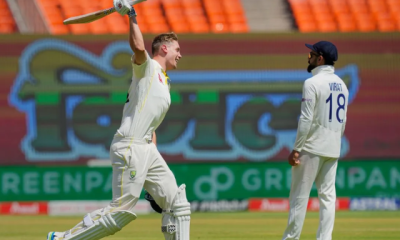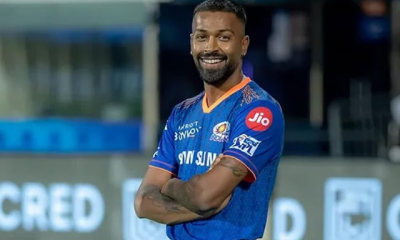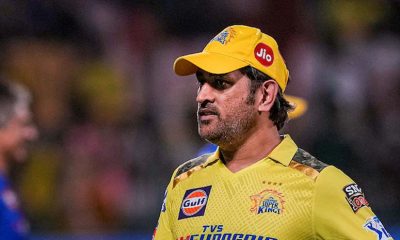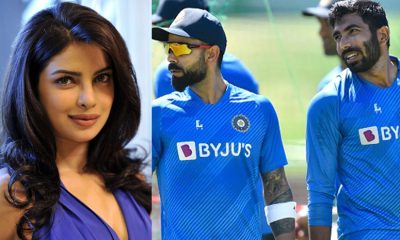
Gujarat Titans skipper Hardik Pandya made a grand return to the Mumbai Indians ahead of the upcoming IPL 2024. In an all-cash deal, MI availed itself of the services of Hardik while Gujarat failed to save its skipper. However, there is a demand on social media to ban Hardik for breaching the code of conduct.
This comes as a similar situation, which led the Indian Cricket Board to ban Ravindra Jadeja in 2010. Actually, before the 2010 IPL, Jadeja decided to leave the Rajasthan Royals. However, his decision didn’t go well with the IPL code of conduct, and he faced the consequences. Now, Hardik did the same and left Gujarat but didn’t face any action.
So, let’s understand the difference between both trades and how Hardik is safe. To understand the difference between both of the deals, first, let’s understand what the IPL trade window is and how it works.
What’s an IPL trade window and how does it work?
Leading up to the IPL auction, teams engage in a trading phase, exchanging players among franchises. After these trades, teams disclose lists of players retained and released. Released players enter the auction pool, with their salaries augmenting the franchise’s purse. During this process, two types of trade deals transpire player swaps between franchises and outright purchases for cash.
The latter is referred to as an all-cash deal, involving the buyer franchise paying the player’s salary along with an undisclosed trading fee to the player’s contracted franchise. This traded amount further contributes to the buyer franchise’s financial resources for bidding on desired players during the IPL auction.
Why was Ravindra Jadeja banned for a year?
In 2010, the IPL banned Ravindra Jadeja after finding him guilty of breaching player trading and operational rules. Rajasthan Royals had enlisted Jadeja for IPL 2008 following his outstanding performance in the 2008 U-19 World Cup. Subsequently, after featuring for the Royals in the IPL 2008, Jadeja allegedly sought a salary increase, which the Royals declined.
Consequently, despite being contracted with RR, Jadeja initiated negotiations for a new contract with MI. Furthermore, he declined to sign the renewal contract with RR ahead of IPL 2010. This marked a significant violation of player guidelines, resulting in the all-rounder’s ban from participating in the IPL 2010. The IPL issued a statement elucidating Ravindra Jadeja’s sanction.
Why did Hardik Pandya escape punishment?
Hardik Pandya’s move to Michigan involves a trade between franchises, differing from Jadeja’s case. Unlike Pandya, Jadeja actively sought better opportunities while under contract with RR, violating IPL guidelines. So, due to this reason, Hardik Pandya is safe from any consequences.
Amid the Gujarat Titans’ efforts to cope with Hardik Pandya’s departure, the franchise’s Chief Operating Officer (COO), Colonel Arvinder Singh, alleges that a rival franchise directly approached their key fast bowler, Mohammed Shami. In a recent interview, he said, “Every franchise has the right to go for top players. The wrong part is that if an IPL franchise directly approaches a player,”

































